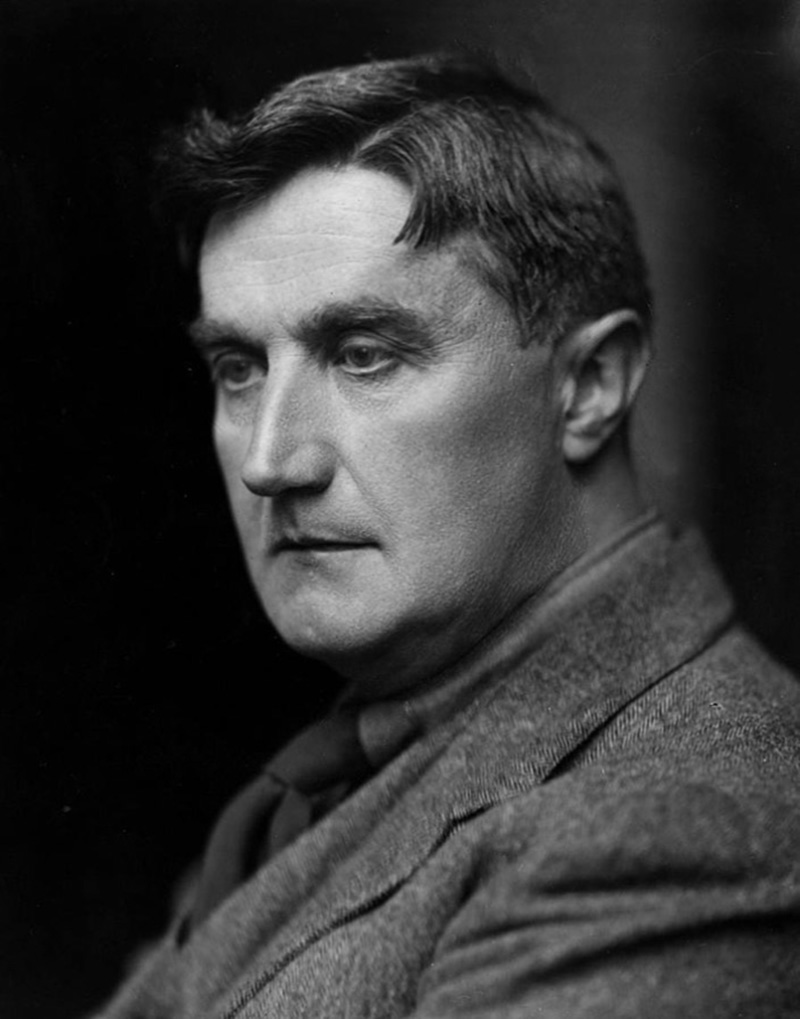Nikolai Rimsky-Korsakov

- Born: Marh 18, 1844 in Tikvin, in the Novgorod district of Russia
- Died: June 21, 1908 in Lyubensk, near Saint Petersburg, Russia.
Sheherazade
- Composed: Between June 1 and July 29, 1888
- Premiere: October 28, 1888 in Saint Petersburg, Russia conducted by the composer
- Duration: approx. 45 minutes
Despite having been primarily a composer of operas, Rimsky-Korsakov is best known today for three dazzling orchestral scores created in 1887–1888: Capriccio espagnole, Sheherazade and the Russian Easter Overture—the three works that put aside his penchant for neoclassicism in favor of vivid and evocative orchestration.
The composer came to music rather late. He had been committed to a career as a naval officer. Nonetheless, he acquired a thorough understanding of the orchestra quite quickly. His influence as an orchestrator became enormous, even surpassing his importance as a composer. He had a major impact on later composers through his teaching, through the brilliant sonorities of such works as Capriccio espagnole and Sheherazade, and through the Treatise on Orchestration, on which he worked during his entire mature life, up to and including the day of his death. His ideas on writing for orchestra live on in this textbook.
His three popular works have something besides their imaginative orchestration in common: they are, atypically for Rimsky, colorful, immediate and nationalistic.
Rimsky had been thinking about using an East Asian subject after revising and completing Borodin’s Prince Igor. In addition, the popularity of Mili Balakirev’s tone poem Tamara suggested the possibilities of a symphonic work that looked eastward. The result was a symphonic suite based on the tales of “The Arabian Nights.”
The composer wrote the following preface for the published score:
The Sultan Shakriar, convinced of the falsehood and inconstancy of all women, had sworn an oath to put to death each of his wives after the first night. However, the Sultana Sheherazade saved her life by arousing his interest in the tales which she told during the 1001 nights. Driven by curiosity the sultan postponed her execution from day to day and at last abandoned his sanguinary design.
Sheherazade told miraculous stories to the sultan. For her tales, she borrowed verses from the poets and words from folksongs combining fairy tales with adventure.
—Jonathan D. Kramer